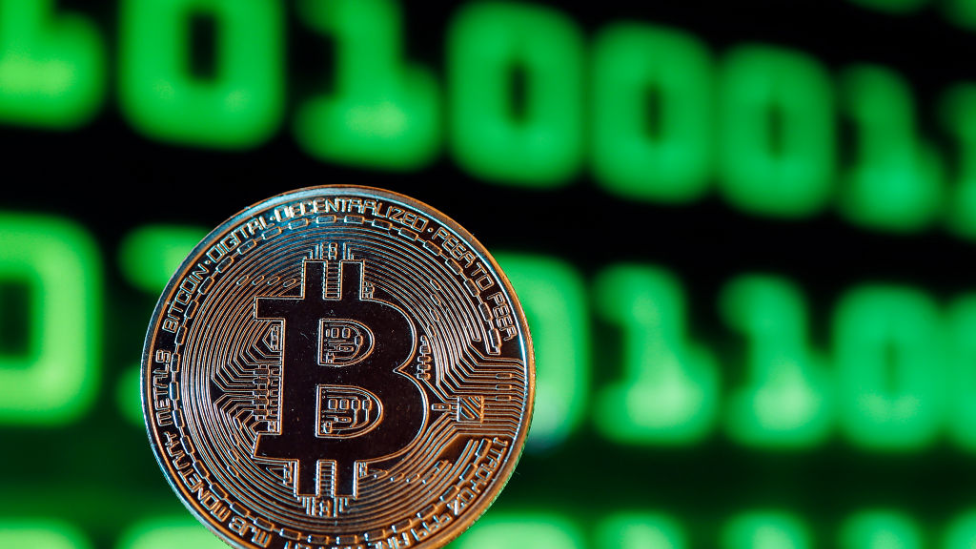Blockchain, one of the core technologies of Web 3.0, has become an increasingly popular trend redefining the contemporary world. A blockchain is a digitally distributed, decentralized, and public ledger that allows users the transparent recording and sharing of transaction information. Blockchain transactions are immutable, reliable, transparent, secure and commonly used in cryptocurrencies (such as Bitcoin and Ethereum).
Blockchain use in the Middle East
According to recent market development, the adoption of blockchain is at an all-time high in the Middle East region. Middle Eastern countries like Saudi Arabia and the UAE are at the forefront of the blockchain ecosystem in the world. Since the Emirates Blockchain Strategy was established in 2018, the UAE has become a global leader in blockchain innovation.
However, all Middle Eastern countries have unique socio-economic characteristics and government policies determining their blockchain adoption chances. This is evident in countries such as Jordan, where blockchain technology remains illegal, or countries with strict regulations on adopting blockchain technology for only economic and technological pursuits.
Blockchain Regulatory Issues To Consider In The Middle East
Although on a steady rise in the industry, blockchain is still emerging. Government regulators are still working to understand its technology and determine if specific regulations must be updated to address decentralization adequately. In the Middle East, regulators have shown varying reactions, from being very supportive, like in the UAE, or permitting the partial use of blockchain technology when it’s not associated with trading or cryptocurrency, such as in Egypt, to active resistance, such as in Jordan.
The following are some regulatory issues arising from the use of blockchain in the Middle East:
- Governing laws and Jurisdiction
The blockchain database is connected across nodes found anywhere in the world. As a result, local laws unique to Middle Eastern countries may only apply to users within their Jurisdiction.
- Legal documentation
Licenses and legal contracts are required to properly document the relationship between the blockchain network, the operator, and the user. However, in Middle Eastern countries such as Iraq, Jordan, or Lebanon, where blockchain is banned, there are often unlicensed users who can potentially misuse blockchain technology for fraud, sanctions evasion, money laundering, etc.
- Lack of regulatory clarity on digital assets and tokens
Due to the high level of uncertainty on global regulatory concepts for blockchain, there can be confusion on whether to classify digital assets and tokens as securities, derivatives, or electronic money and questions on whether they are unregulated. Only a few countries like the UAE, the Dubai Financial Services Authority (DFSA), and The Financial Services Regulatory Authority (FSRA) of Abu Dhabi have clear regulatory guidelines for digital tokens.
- Regulatory issues relating to financial services
The use of blockchain technology for transactions relating to goods and services, securities and derivatives, and cryptocurrencies and crypto-assets may or may not be classified as regulated activities in Middle Eastern countries. In Egypt, performing these activities via blockchain requires a license. At the same time, some other countries have issued a complete ban on using blockchain for financial services.




























